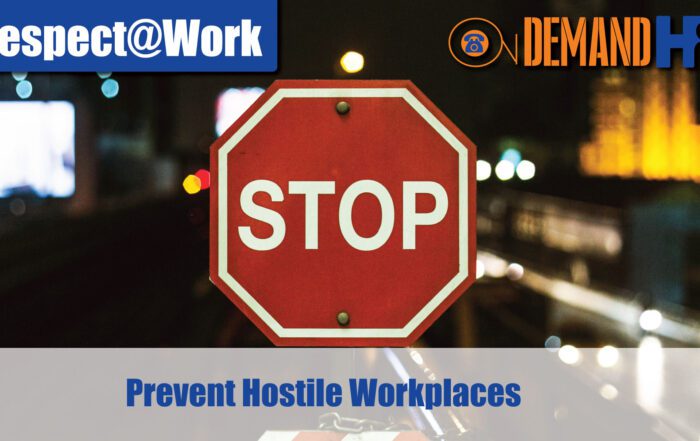Remote Working – Challenges for Employers
There are many challenges employers have faced over the recent months, and one of those is the Government requirements for employees to work from home.
To assist our audience to tackle some of these challenges, we have put together a list of the common questions we have received as well as some general thoughts on how businesses can overcome them
Please see below for a full transcript of this video
Share the HR or workplace relations challenge facing your business and one of our experienced consultants will be in touch within 24 hours with a strategic action plan or discover the best strategy yourself by accessing out free online training library.
Transcript
There are many challenges employers have faced over the recent months, and one of those is the Government requirements for employees to work from home.
To assist our audience to tackle some of these challenges, we have put together a list of the common questions we have received as well as some general thoughts on how businesses can overcome them. Of course if your business is faced with a different situation or you would like some more detailed advice, please do not hesitate to contact us by visiting ondemandhr.com.au. Let’s get into some of the questions.
How do I know my employees are working, and not watching TV?
Whilst we know that you may be concerned about a lack of supervision of your staff, this seems to be a consequence of a lack of performance metrics, as opposed to a supervision issue.
In most cases, the employees you are requiring to work from home will be adults, who are capable of self-monitoring. If they happen to be sitting in front of the television, but complete their work to the expected standards in the expected time frames, we question what the concern is.
Ultimately, if an employee is performing to the standards expected, why do we have a concern as to what else they might be doing during their work day?
My employee feels isolated, but I can’t have them in the office. I’m worried about a mental health claim.
It is definitely more challenging to keep the point of contact when you cannot pop over to your employee’s workstation at various times throughout the day. This again points to the need for pro-active management, and touching base with employees at various points throughout the day as you would ordinarily during the work day, or continuing to conduct team meetings to catch up on works in progress.
Moreover, this points to the need to be pro-active in an employers response to mental health. On Demand HR Members have access to PeopleSense Employee Assistance Program on a charge per session basis rather than ordinary subscription models. Even if employees do not utilise the program, offering access to the service demonstrates the Employer is being considerate of Employee circumstances.
General Observations
Our general observations during the period where employers were required to send their employees home is that there is an inherent lack of trust in employees to do the right thing, a lack of pre-existing performance management procedures and a heavy reliance on employees “looking busy” when in the office.
In fact, clients may even find in some cases the productivity of employees has in fact increased since commencing work from home with there being less distractions than in a traditional office environment, employees do not have their usual commute resulting in them either working those hours or getting out for a walk and recreational time, leading to happier, more balanced lifestyles. In addition, with a lack of interaction, there is a reduction in illnesses and consequently less sick days.
We encourage our clients to get in touch if you are not:
- Utilising performance metrics for regular performance management discussions. This process does not need to be onerous or even particularly formal.
- Ensuring employees are well supported from a mental health perspective.
- Focusing less on hours of work, and instead considering required work outcomes.
Thanks very much and looking forward to seeing you in the next session






